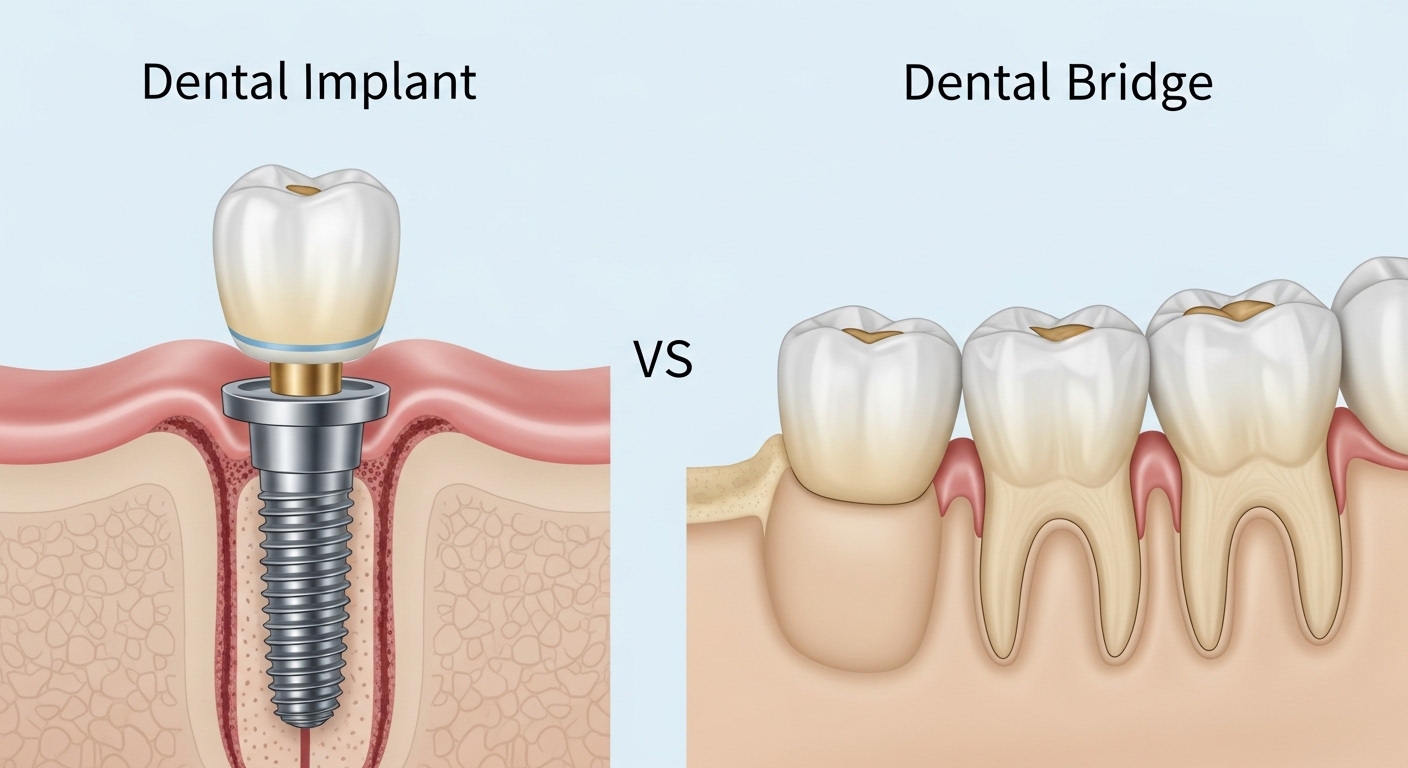Preventive dental care is key to sustaining long-term oral health by addressing potential issues before they escalate. Your dentist plays an important role in preserving your smile through preventive measures designed to ward off decay, gum disease, and other dental concerns. This article delves into the various ways your dentist contributes to preventive dental care, ensuring your oral hygiene and overall well-being are well-maintained.
Your Dentist’s Role in Preventive Dental Care Dentists focus on preventing oral health problems rather than just addressing them after they arise. Through regular visits, your dentist closely monitors your dental condition to detect and prevent issues. These appointments typically include:
Routine Checkups: Regular examinations allow your dentist to identify early signs of cavities, gum disease, and other issues, preventing them from worsening. Professional Cleanings: Cleanings by dental hygienists remove plaque and tartar that regular brushing can’t eliminate, helping to prevent cavities and gum disease. X-rays: Dental X-rays help identify hidden issues such as decay or damage that aren’t visible during a standard exam. Preventive Dental Treatments In addition to routine checkups, your dentist offers specialized treatments aimed at preventing the onset of dental problems:
Fluoride Treatments: Fluoride strengthens teeth, making them more resistant to decay caused by plaque and sugar in the mouth. Dental Sealants: Sealants are applied to the chewing surfaces of molars, providing protection from cavities by sealing off vulnerable areas from plaque buildup. Oral Hygiene Education: Dentists also educate patients on proper brushing, flossing, and nutrition, providing the knowledge needed to maintain healthy teeth and gums. Benefits of Preventive Dental Care Engaging in preventive dental care provides multiple benefits:
Cost-Effective: Preventive care is much more affordable compared to treating serious dental conditions that develop from neglect. Time-Saving: Addressing dental issues early on leads to less time spent undergoing extensive treatments. Overall Health: Preventing oral diseases helps protect your overall health, as conditions like gum disease can have wider effects on the body, such as links to heart disease and diabetes. Who Should Prioritize Preventive Dental Care? Everyone, regardless of age, benefits from preventive dental care. Regular dental visits are important for children to avoid cavities and other problems, while adults need ongoing preventive care to keep their natural teeth and maintain good oral health.
By keeping up with regular dental visits and embracing preventive measures, your dentist plays a vital role in helping you achieve and maintain a healthy smile. Preventive dental care is not just about oral health—it’s an investment in your overall well-being. If it’s been a while since your last visit, consider booking an appointment to prioritize your dental health today.




